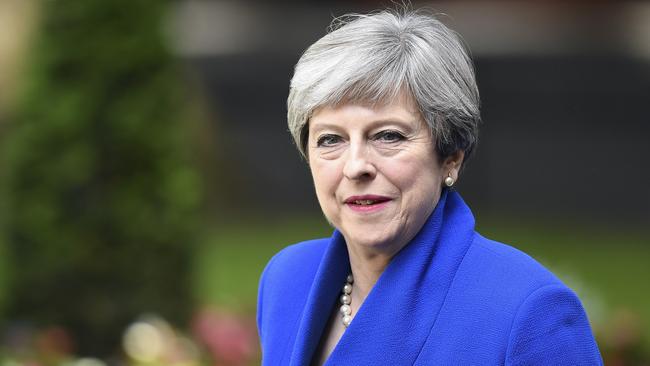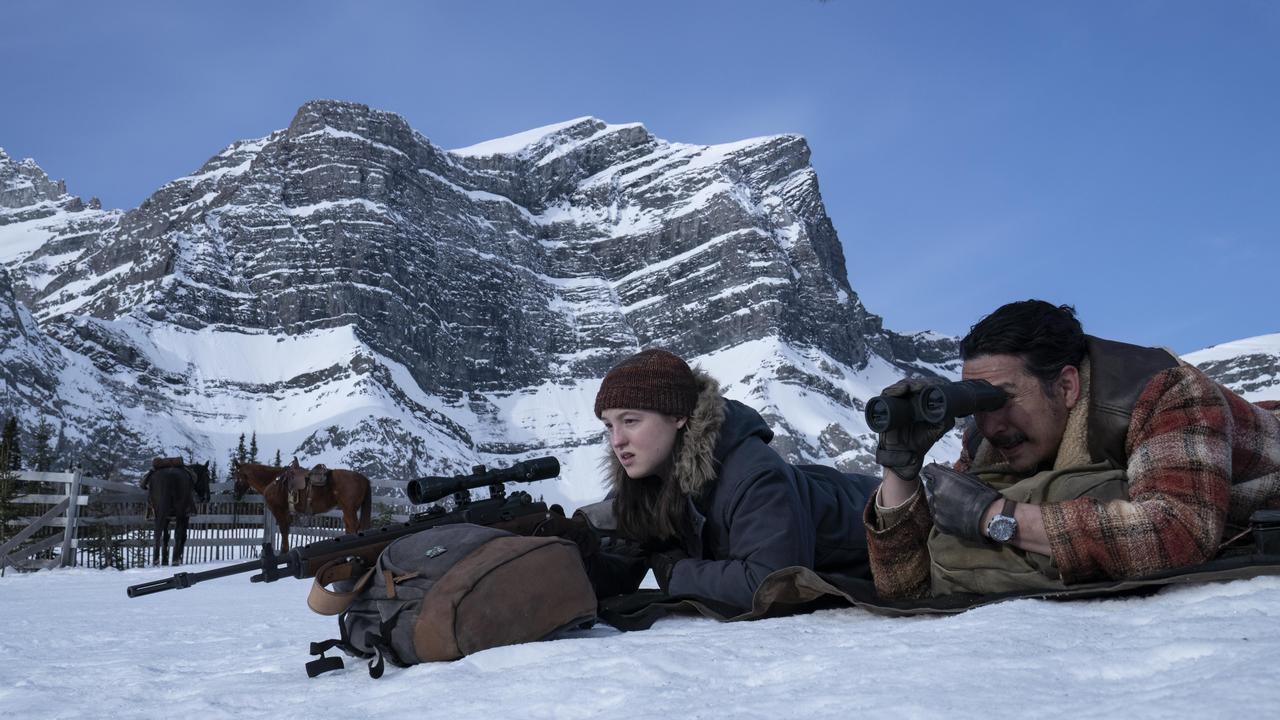We must work together to defeat the scourge of slavery
What shocked me most was the inhumanity lurking in ordinary communities, hiding in plain sight.

It was a profound shock to discover the extent to which slavery was taking place in Britain.
Tens of thousands of people were being forced to live in servitude in the UK, I was told. Not just against their will, but often in the most appalling conditions imaginable.
As the UK’s Home Secretary, I had expected to deal with heinous crimes. To see first-hand the ways in which victims of domestic violence and child sexual abuse had their lives destroyed or at the very least changed forever.
It was also my responsibility to protect Britain against terrorists and those who sought to undermine our national security.
But what shocked me most was the inhumanity lurking in ordinary communities, hiding in plain sight. The disregard for human life that saw people treated as commodities purely for the gain of others.
Young boys and girls robbed of their childhood and forced into a life of crime. Vulnerable adults deceived into working in horrendous conditions in factories, on farms and in organised criminal gangs.
Women repeatedly raped and forced into prostitution. Children groomed and sexually abused by men four or five times their age.
At that time, most people thought of slavery as a shameful practice confined to the darkest pages of our history books. But the reality is there will be people in slavery in a town near you. Some will have been trafficked into Australia by criminal gangs. Others will be vulnerable people picked up from their own streets.
They are forced into work but receive little or no pay. They usually live in squalid conditions unfit for human habitation. They are often starved, beaten and endure a campaign of intimidation. Their passports are sometimes stolen and many feel powerless to escape this horrific misery, in fear of retribution against their loved ones.
These are victims of modern slavery – and it is thought that there are 41,000 of them in Australia today. Like the slaves of centuries past, these men, women and children are deprived of their basic liberty, opportunity and hope. Today there are no chains and shackles – instead there is deception, fear and coercion.
I introduced the UK’s Modern Slavery Act in 2015. It was the first piece of legislation of its kind and has proved a vital policing tool, putting hundreds of perpetrators behind bars. It has spurred businesses to act against exploitation in their supply chains and has enhanced the protection and support given to victims.
Australia is one of the leading nations in the fight against slavery and trafficking, and I know how seriously the government takes these issues. Australia’s Modern Slavery Act, passed in 2018, was groundbreaking and the three year review of the act concluded in May.
We have seen steady international progress in tackling slavery and trafficking. As UK Prime Minister, I launched the UN call to action to end modern slavery by 2030. It received the support of over 90 countries, including Australia – but signing international commitments is the easy part. Action is much harder.
Complex global challenges, from conflict to climate change, are fuelling a striking acceleration in slavery and trafficking. Compared to just five years ago, 10 million more people have fallen victim to these crimes worldwide. That brings the total estimate to 50 million – more than at any other time in human history.
At the same time, we are seeing the issue fall down the political agenda. It is clear that there is an urgent need to intensify our collective response and recover lost political momentum.
That’s why today I am launching the Global Commission on Modern Slavery and Human Trafficking. It will be led by high-profile Commissioners from around the world, drawn from politics, civil society, business and academia. I am delighted that Grace Forrest, Founding Director of the Australian human rights group Walk Free has agreed to be a Commissioner.
The Commission will provide greater leadership and visibility at the highest levels of international politics. It will mobilise the evidence-base to spur action in rooting out forced labour in global supply chains.
It will help states to more effectively implement their international commitments and establish working groups to address the most pressing issues, putting those with lived experience of slavery at the centre of our work. It will also support and amplify the good work being done by so many other organisations around the world.
In the years ahead we have an opportunity to reverse this evil practice. We should not doubt the scale of the task, but with the right political will, slavery can be eliminated for good.
Just as our forebears took a historic stand in the generations before us, so we must act now. Only a truly global response will address what has become the greatest human rights issue of our time.
Lady Theresa May is a former UK prime minister, and chair of the Global Commission for Modern Slavery and Human Trafficking.



To join the conversation, please log in. Don't have an account? Register
Join the conversation, you are commenting as Logout